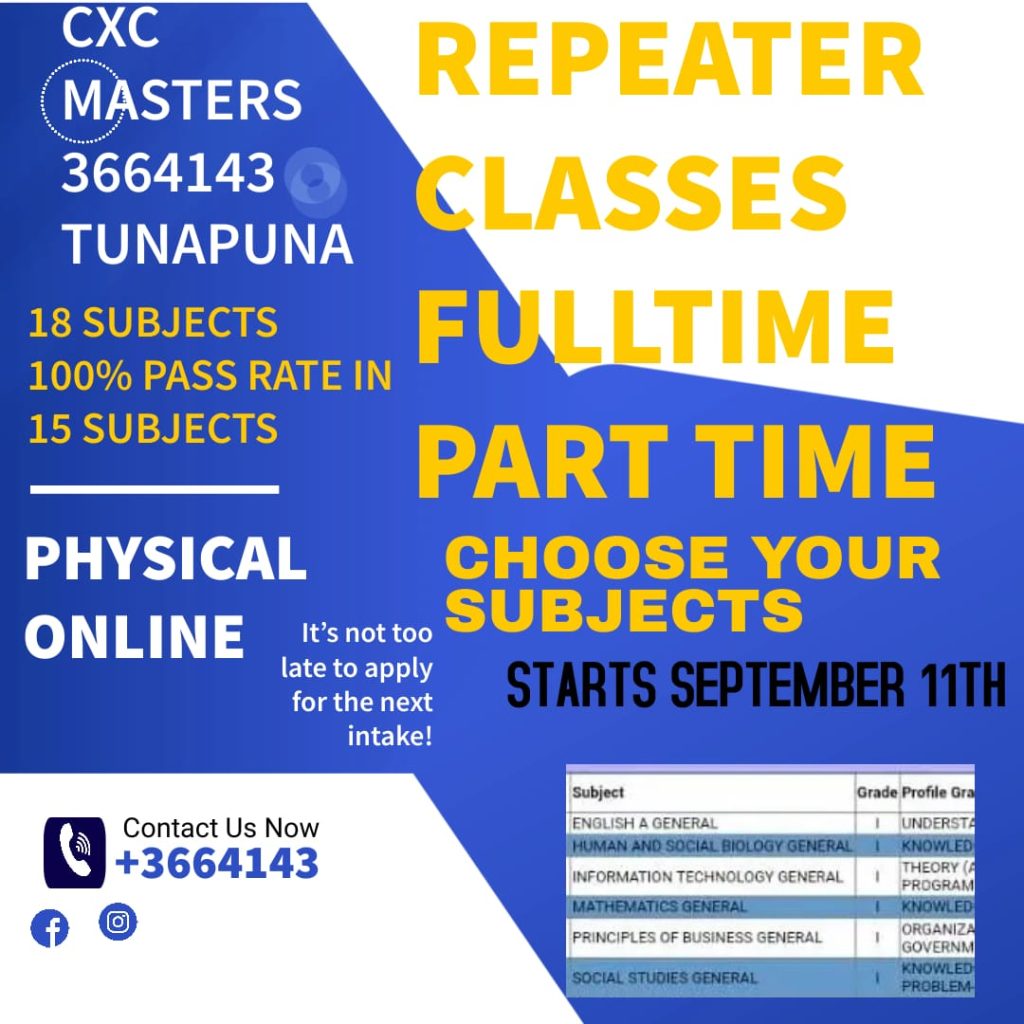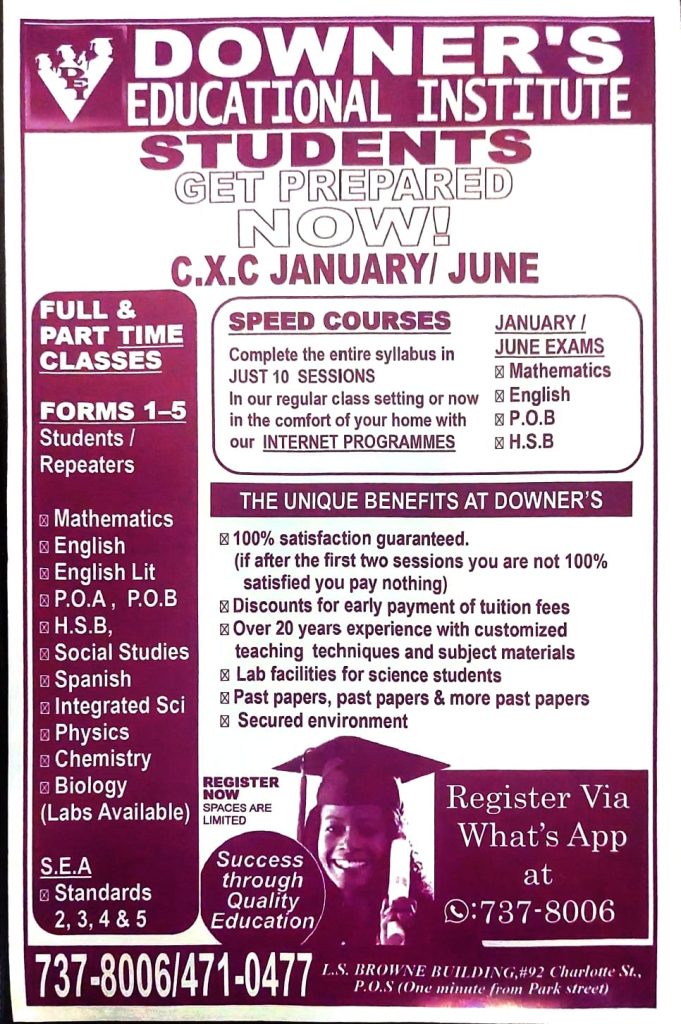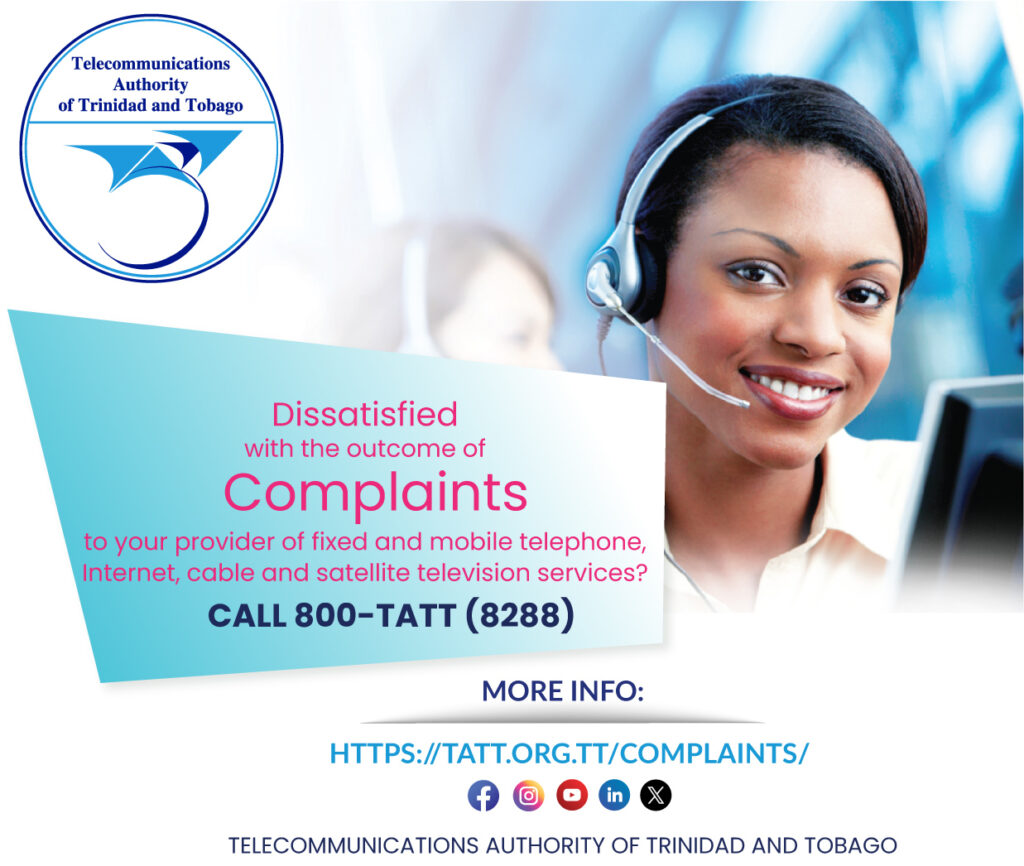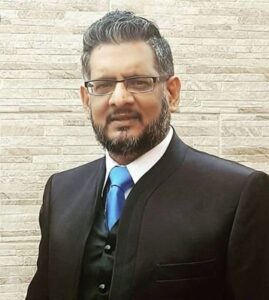THE Caribbean Secondary Education Certificate (CSEC) exams this year have revealed a troubling decline in students’ performance in Mathematics, prompting concern from the Caribbean Examination Council (CXC) and to consider Artificial Intelligence as a teaching tool.
The results, released on Wednesday alongside those for the Caribbean Advanced Proficiency Exam (CAPE), showed a significant drop in the overall pass rate for Mathematics.
Only 36% of CSEC students achieved passing grades in Mathematics, a sharp decline from last year’s 43%. This downturn has serious implications for students’ future opportunities and the region’s economic development, according to CXC CEO Dr Wayne Wesley.
Dr Wesley highlighted the ongoing issue of students failing to obtain full certification in both Mathematics and English, which has averaged over 11,000 students annually since 2018. He pointed out that this failure limits students’ ability to matriculate into university and affects their employment prospects.
“We have been losing almost 11,500 students on average who will not fully matriculate into university because you need Math and English,” Dr Wesley said.
He said, “You’ll have 11,500 students who will be under-employed if they are because if you don’t have Math and English, employers are going to pay you less. You have students who will require rework.
“Most importantly, it is having a negative effect on the economic competitiveness of the region because you’re having fewer students being able to drive the innovation that is required for the economy to advance and for critical thinking and problem-solving attitudes to be developed.”

In response to these challenges, CXC has assembled a team to develop standards for literacy and numeracy. This team will work with AI to devise specific interventions and identify development opportunities, aiming to bolster the existing education system. Dr Wesley also mentioned the potential use of AI tools, such as Chat GPT, to enhance the teaching and learning process.
“This is not intended to be the panacea, but I think as an examining body, we need to assist the ecosystem collectively. Us together will have to sit down and figure out a way to correct this serious problem impacting the development of the human capital of the region,” Dr Wesley said.
The report also highlighted an increase in student infractions during exams. This year, there were 54 reported irregularities, up from 36 last year. These incidents included the use of unauthorized devices such as cellphones and smartwatches, passing notes, and even an attempt to impersonate a candidate.
CXC’s Director of Operations Dr Nicole Manning emphasized the seriousness of these infractions, noting that students caught cheating face disqualification and a two-year ban.
She said, “Materially, the increase is really the utilisation of unauthorised devices. Predominantly, that’s your smartwatches, phones. While it is important for us to actually do the investigation and the research as to why this has increased, usually, as I made mention, candidates are admittedly saying ‘I would not have been prepared because I’m Googling the answer,’ or ‘I am trying to check my phone for some information that I would have placed there.’”
Absenteeism also remains a concern, with a five percent absenteeism rate at the CAPE level and a 6.66% rate for CSEC, slightly down from last year’s 6.9%. Reasons for absenteeism included personal emergencies, students feeling unprepared, documented illness, family deaths, or personal preference.
Additionally, there is an ongoing issue with students failing to submit school-based assessments, with about three to four percent of students not meeting this requirement, a slight reduction from the previous year but still a significant concern for CXC.
![]()













